Adjusting to a keto diet can be tough, even when it’s delicious. Consuming high carb foods for a lifetime then suddenly switching to high fat can cause problems.
When you choose to follow a ketogenic diet you need fats and many grams of it every day. Calories have to come from somewhere.
People will have to choose everyday staple foods such as green leafy vegetables, high-fat fruit, and meats such as avocados and chicken thighs.
The stress of keto-adaptation can be overwhelming and be challenging for many people.
You may feel the need to quit before actually entering ketosis, which is when the real fat-burning and benefits start!
Supplements on a ketogenic diet can be useful to aid your ketosis transition and for those needing an extra hand.
Do You Have To Take Supplements on Keto?
Ketogenic diet supplements are by far not essential. If you think about it, all supplements are just meant to “supplement” your diet.
99% of the time you can get all the nutrition you need from your diet but they can help you make it through the keto flu that many people encounter in the initial stages of high-fat dieting.
Also assist you with exercise and training by keeping you sharp, healthy and strong on the inside for maximum performance.
Here are some essential supplements for ketosis to help maximize your keto-adaptation and your development in low-carb sustenance!
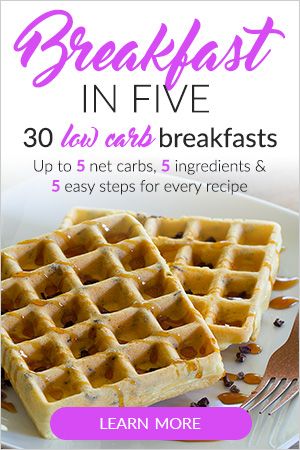
Electrolyte Intake
Changing your body’s preferred fuel sources from carbs to fat can be tough.
Not only does it take the time to do so, but along the way, you may expect to have a few migraines, nausea, and general fatigue. This is what’s called keto flu.
As carbs reduce, so are stored essential electrolytes such as sodium, magnesium, and potassium.
For this reason, ketogenic dieters need to think about taking electrolyte supplements to limit muscle cramping, fatigue, and headaches.
If you’re one that trains heavy and explosive then supplementing your ketogenic diet with these electrolytes is a no-brainer.
Through the early stages of keto dieting aim to increase sodium by adding salt to meals or drinking salty beverages.
If you are dehydrated or low on electrolytes, all of these signs are going to be worse.
Combining the dilemma is that many people end up leaving out electrolytes such as sodium, magnesium, and potassium.
It’s hard enough maintaining specific bodily functions at optimal levels as carb consumption reduces.
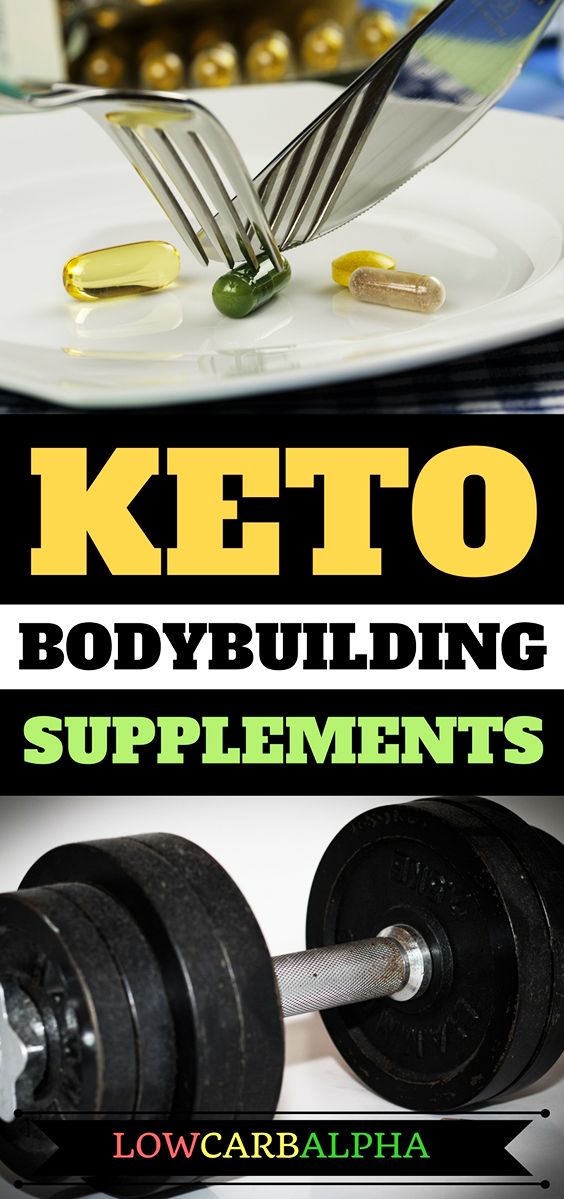
Fiber Supplements
Just because you’re on consuming lots of fat doesn’t mean you don’t need your veggies.
If fibrous vegetables are not your favorite, well, that doesn’t bode well on keto for maintaining ketosis.
Since these are some of the most nutritious lowest-carbohydrate foods about they are must-haves on any diet yet alone keto.
If this is the case, contemplate adding a fiber supplement to your diet. Fiber will assist in keeping you regular and feeling satisfied.
It supports weight gain, obesity, type 2 diabetes management along with a wide variety of other medical conditions.
The carb count in fiber supplements runs the scale, so be sure to address labels to make sure it’s not going to put you over your daily carbohydrate count.
There are a wide variety of popular fiber supplements including psyllium husk, flaxseeds, and inulin.
Ranging from moderately high-fat content and lower carbs to higher carbs. Pick one that suits your needs.
Caffeine
Caffeine is certainly not an essential ketogenic diet supplement, but it can help you make the transition to ketosis and high-fat dieting.
Shifting from running on carbs to fats can result in a slower performing body on the first few days of a keto diet.
If you don’t currently consume caffeine, consider increasing your caffeine intake, either through added cups of coffee or a caffeine supplement like a pre-workout or fat-burner to get you through your day or workout.
Caffeine slows appetite and intensifies fat-burning if taken pre-workout which makes it an ideal addition to a ketogenic diet.
If you exercise and train with higher intensity, then performance advantages of caffeine will be especially useful.
If caffeine is already consumed on a daily basis then supplementing with more isn’t likely to have any additional benefit.

Fish Oil Supplements
In a typical American diet, we have much more omega-6 than ever before compared to omega-3.
Meat has far less omega-3 now since most of the livestock are fed corn rather than grass.
It’s important for everybody to get a better omega ratio since it’s an essential food for the human body.
Since Omega 3 isn’t naturally produced by the body, you must obtain it through dieting.
Reducing intake of omega 6 and increasing omega 3 fatty acids may protect against inflammatory diseases, cardiovascular disease, improved joint health and skin conditions.
Another option is krill oil which contains fatty acids similar to fish oil.
Green Powders
Most people do not consume enough greens; it’s that simple. If you’re overweight or unfit, chances are you’re not eating sufficient vegetables.
Take an honest examination at your dinner plate and tell me I’m wrong. Cutting carbs (even high-carb veggies) can make it challenging to hit your daily nutrient goals.
On a keto diet lifestyle, vegetables should be the main portions of all meals.
If you struggle to consume enough veggies, then a greens supplement can assist you in getting there. Refer to this keto food list for further support.
There are many types of greens such as spirulina, chlorella and greens powders you can add to low carb shakes and keto snacks.
Sprinkling over your meats and existing veggies is also an option. Whatever way it takes to add more nutritious food for your keto-adaptation.
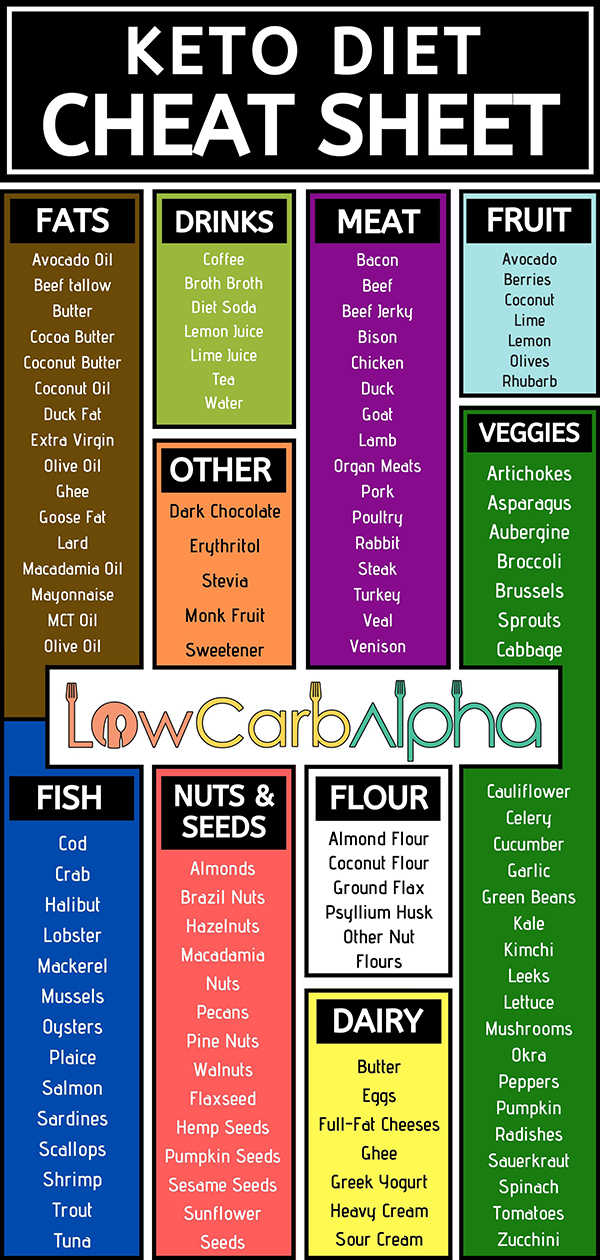
MCT Oil
If you’re thinking how to transition to keto diet look no further than MCT to benefit brain health.
MCTs (medium-chain triglycerides) found in coconut oil gives 14 grams of fat per tablespoon.
Unlike long-chain triglycerides, the type of fat most prevalent in foods, MCTs are an unusual source of fat since they enter the bloodstream quickly acting as a readily available fuel source for the brain and muscles.
They can serve as a rapidly available fuel source during weight training and cardiovascular exercise.
Adding pure MCT Oil during your day can assist you to make the ketosis transition easily, while also providing constant energy.
Coconut Oil
Coconut oil tastes great on its own and is a super simple way of topping up your fat intake.
It’s also excellent to cook with since it has a high flash point and a light taste.
If exercising or weight training try combining coconut oil to a smoothie, pre-workout shake, or a low carb keto snack.
Alternatively sprinkle on top of veggies, fish, chicken, or meat to hit that high-fat consumption.
Coconut oil is also different in that it promptly switches between a solid and liquid state depending on the temperature.
Simply spoon some into a jar, and you can take it anywhere with you.
For a quick rich dessert or post workout keto snack, melt some coconut oil with some water, and mix with your preferred whey protein for an easy hit of healthy fats!
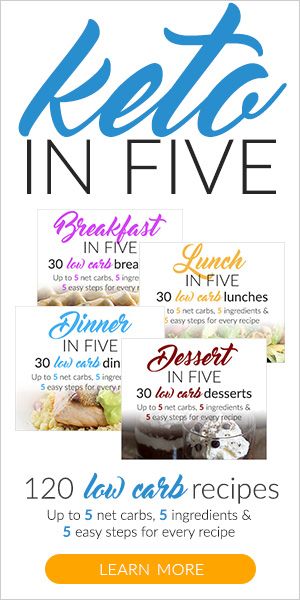
Conclusion
Remember supplements are to help support you during your keto-adaptation phase and assist you in the long term.
Whatever low carb supplements you choose to take be sure not to neglect nutrition. Just be sure the above will aid you’re transitioning to a ketogenic diet.
Let us know what your favorite supplements for ketosis are and if you have any questions below.

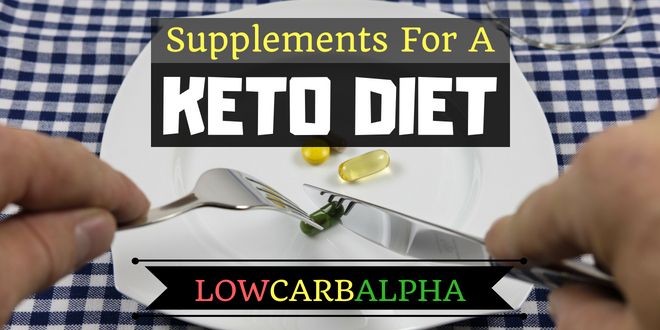


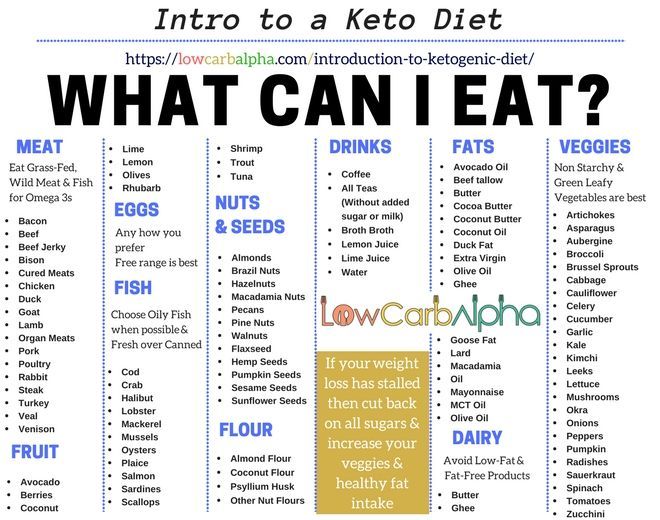
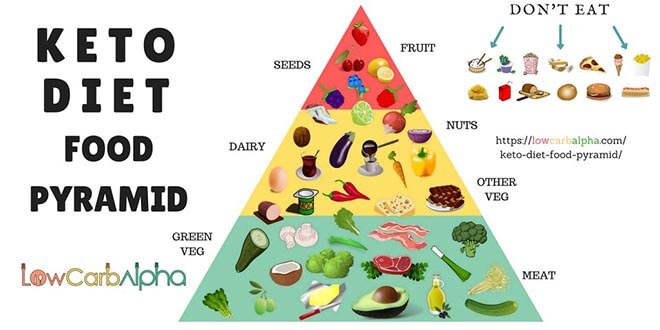
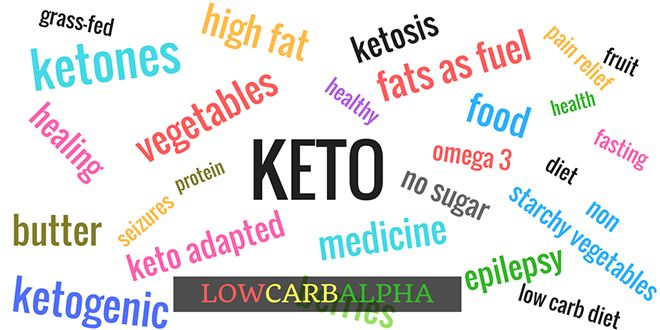
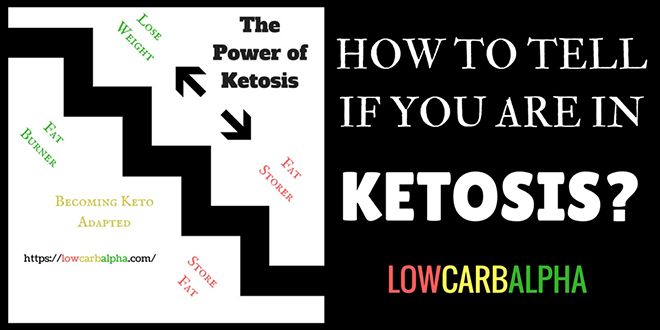
Great write up and glad you mentioned electrolytes as they are very important and often under looked. I try to get adequate electrolytes on a daily basis and when in a bind and need something quick I really enjoy taking the Keto Lytes product https://www.ketoshop.com/products/keto-lytes-electrolyte-and-keto-flu-support
Fiber is key too and I make sure to take some psyllium and flax meal as well which works wonders.